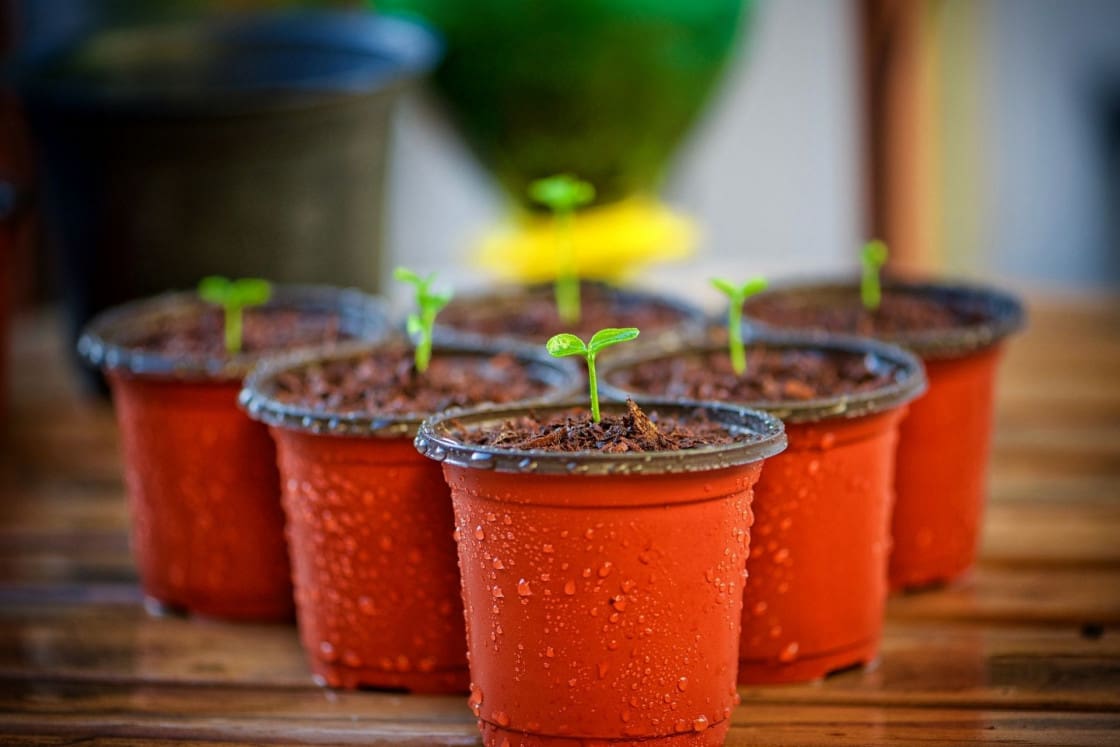The Benefits of Family Gardening


As we know, the war on plastic is very topical issue at the minute and it doesn’t stop at the horticultural industry. If you have ever bought a plant from a garden centre, nursery or even from a commercial supplier, it will have always come in a black plastic plant pot. There is an important reason why black plant pots are used. For a start, it’s affordable and can survive being outside at a garden centre without perishing and crumbling apart, but most importantly, the black colour stops light from getting to the roots of the plants, which could cause fatality in the plant.
Within the industry, there’s a lot of recycling of black plastic. The pots themselves are made almost entirely out of recycled waste plastic from car manufacturers and many larger nurseries collect the pots and send them back to the manufacturer for recycling. This is great, but the problem begins once they reach the consumer.
Since the black absorbs the light which is important during the plant’s life in the pot, it causes difficulty for domestic recycling as recycling facilities sort plastics by bouncing a beam of light off them. Therefore, it can’t be sorted and goes straight through the system and off to landfill or incineration. With gardeners buying half a billion-plastic plant pots and trays every year, much of that is going straight into landfill.
To help resolve this issue, an alternative colour to black is being introduced. The recyclable taupe pot is an industry initiative being led by representatives from the Horticultural Trades Association (HTA) and UK growers. In a bid to reduce un-recyclable plastic, many nurseries and retailers have already committed to using the taupe pot to replace black, with a view to replacing it within two years. You may already have started to see the taupe pot making its way into some retailers after also appearing on Gardener’s World.
The new pots look good and protect plant roots from light, but they are also carbon-free, recycled polypropylene which gives them the major advantage of being easily identifiable as recyclable by the machines that sift through domestic waste. Millions of pots once destined for landfill could now be recycled instead. This is a step in the right direction that will see many domestic, commercial and retail suppliers following suit.
Looking for an environmentally conscious landscaping company to design and build your garden? Call our team today on 0116 210 0760.